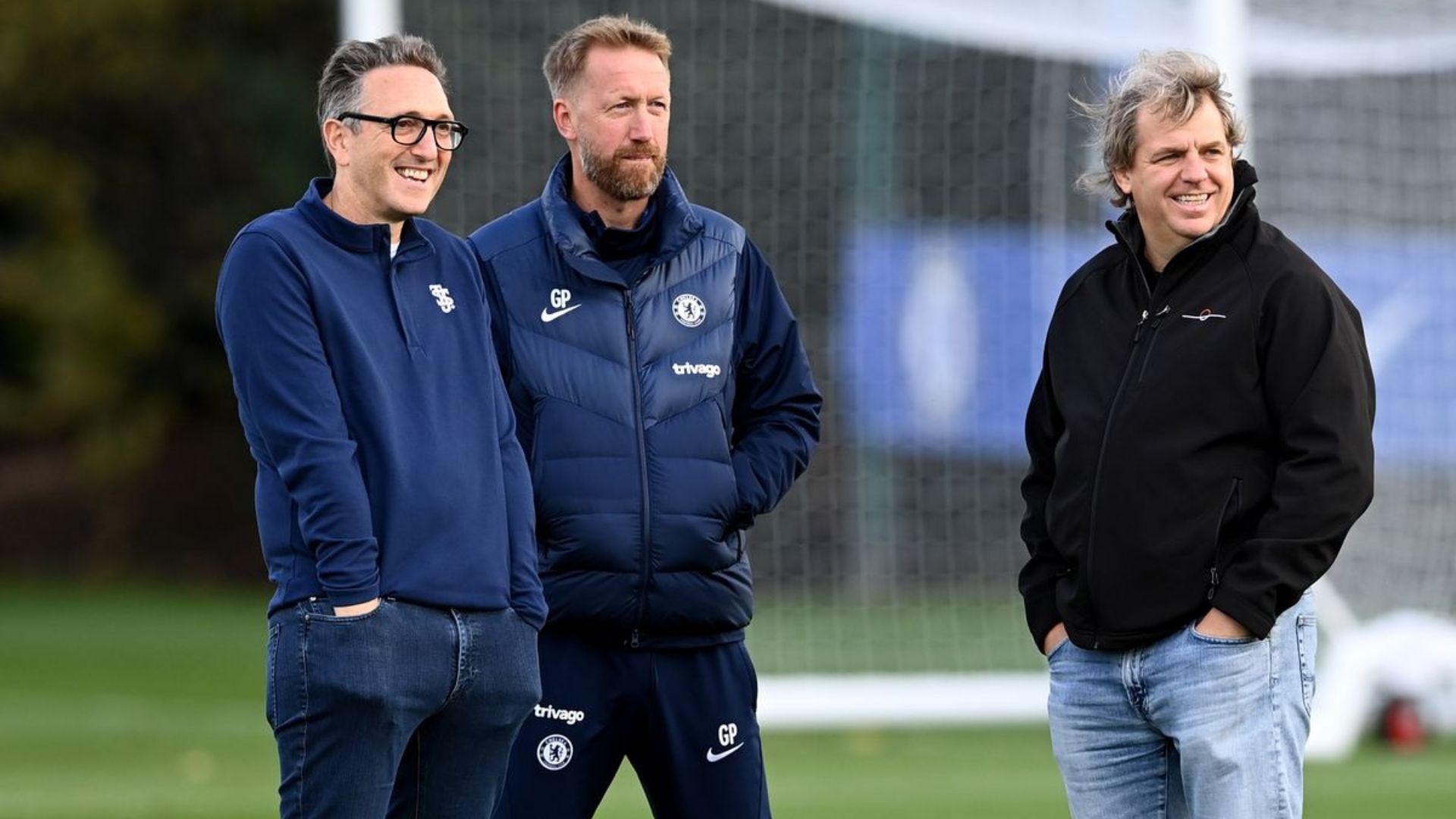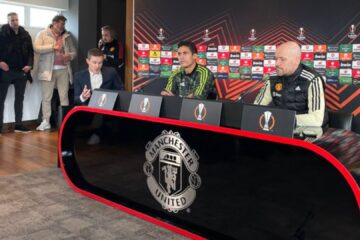Chelsea’s lackluster performance against Southampton recently raised concerns among fans about the team’s future under Graham Potter. While Potter has insisted that he is the right man for the job, the team’s one win in ten games is insufficient for a team that has invested heavily and has high expectations. However, there are some mitigating factors, such as injuries and the difficulty of integrating talented individuals into a team.
Last year, Potter’s previous club, Brighton, went on a six-game losing streak and only won one game from January to April, so this is new territory for him. When Potter was hired, there were questions about whether he had the qualifications to coach a team like Chelsea, and now fans are beginning to doubt his ability to lead the team to victory.
While there are legitimate concerns about Potter’s leadership, there are also concerns about the Chelsea hierarchy’s role in the team’s struggles. It’s unclear how frequently they visit the training grounds or whether they have a representative who can observe the players and provide feedback to the coach. Furthermore, the fans’ reaction to the team’s performance, including booing them off the field, demonstrates that Potter and the team are under a lot of pressure to perform.
One of the concerns that Chelsea fans have is whether the team’s leaders, including Top Boli, have enough football experience to understand what Potter is attempting. Top Boli has a reputation for keeping coaches in charge for an extended period of time, but results and fan pressure can overcome that.
Fans are frustrated by the lack of a game plan and patterns of play on the field, and it’s unclear whether the players are implementing Potter’s ideas. The team’s most recent performance against Southampton was reactive rather than proactive, which is a cause for concern. While Potter is responsible for convincing the players of his ideas, he must also ensure that those ideas are correct and that the players comprehend them.
The team’s lack of progress could be attributed to the fact that the project is long-term, with the goal of developing some of the world’s best young players. Building a team capable of competing at the highest level takes time, and Potter is dedicated to the project. He is known for cultivating a culture and environment that promotes success, but this takes time.
Overall, there are concerns about Chelsea’s future under Potter’s leadership, but there are mitigating factors to consider. The team’s lack of progress could be attributed to injuries and the difficulty of integrating talented individuals into a cohesive unit, but there are also concerns about whether Potter’s ideas are being implemented on the field. Only time will tell if Potter is the right man for the job and if the team is capable of competing at the highest level.


